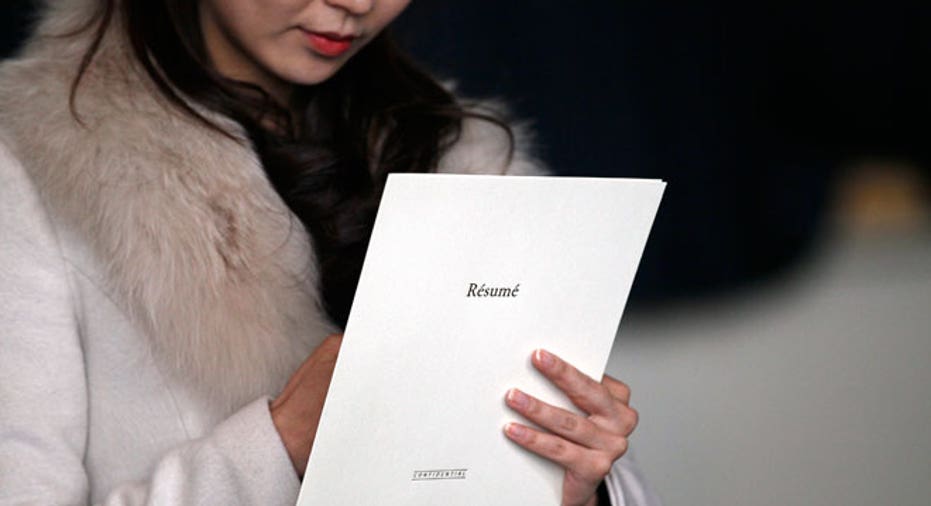Signing Bonuses Pay Off — for Employers

While you might think it's a waste of money, giving some upfront cash to new hires, even when you are flush with qualified candidates, does pay off, new research suggests.
Although employers are much more likely to offer signing bonuses in boom times than in a weak economy, the payoff in employee attitudes and effort is considerably greater in the latter case, according to a new study in The Accounting Review, a journal of the American Accounting Association.
"A signing bonus more positively affects worker effort when there is an excess supply of labor than when there is an excess demand for labor," the researchers wrote in the study.
That increase in employee effort, the study finds, comes from an increased sense of trust. When there are a slew of qualified candidates, new hires attribute a signing bonus to the employer's trust in them.
The researchers conducted a computer experiment with 201 students recruited from an undergraduate business course. The students were randomly designated as employers and employees and given different conditions: either an excess demand or supply in the job market, and the ability or inability to offer signing bonuses.
Results showed that recipients of signing bonuses who are hired when there is a surplus of available workers give their employers a score of 85 for trust on a scale of 0 to 100, while those hired in a tight labor market give a score of just 53. Additionally, on a scale of 1 to 10, a signing bonus brings forth an effort of 5.5 in conditions of worker surplus compared to 4.07 in conditions in which workers are scarce.
However, while employees might put forth more effort, it isn't always enough to meet employers' lofty expectations, according to the study's author, University of Pittsburgh professor Jungwoon (Willie) Choi.
"When there is an excess supply of labor, employers who offer a signing bonus expect greater effort from their workers than they do when either no signing bonus is offered or when there is an excess demand for labor," Choi said. "Also, while a signing bonus more positively affects effort when there is excess labor supply, workers receiving a signing bonus [in those instances] are less likely to fulfill their employer's greater effort expectations."
Choi said this failure to meet expectations can compromise an individual's employment over the long term, since fulfilling employers' effort expectations appears to be an important factor for retention.
The study is titled, "Can offering a signing bonus motivate effort? Experimental evidence of the moderating effects of labor market conditions," and appears in the March/April issue of The Accounting Review.
Originally published on Business News Daily.



















